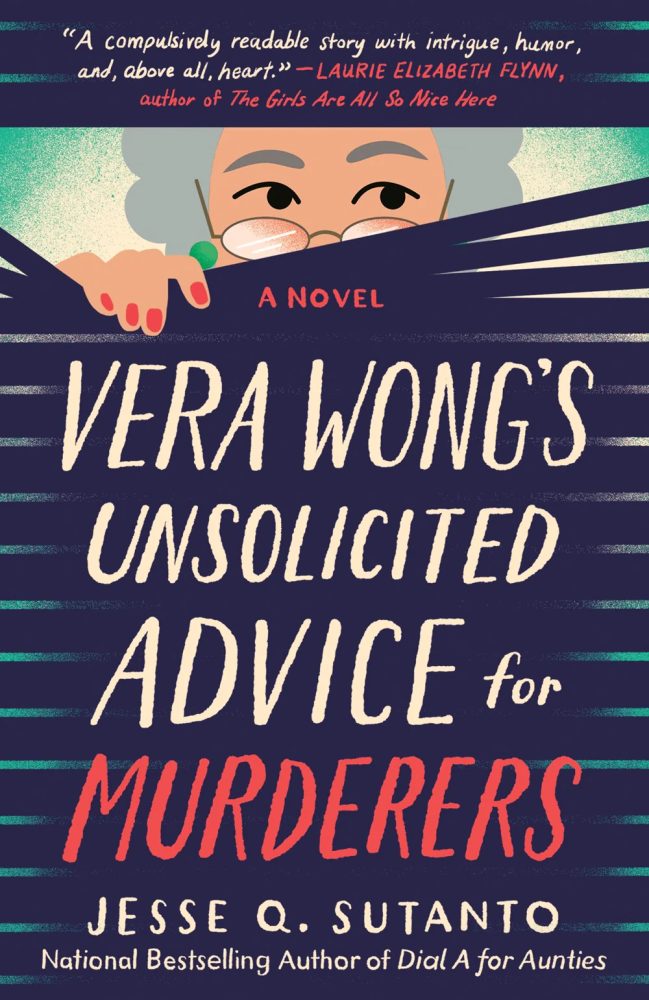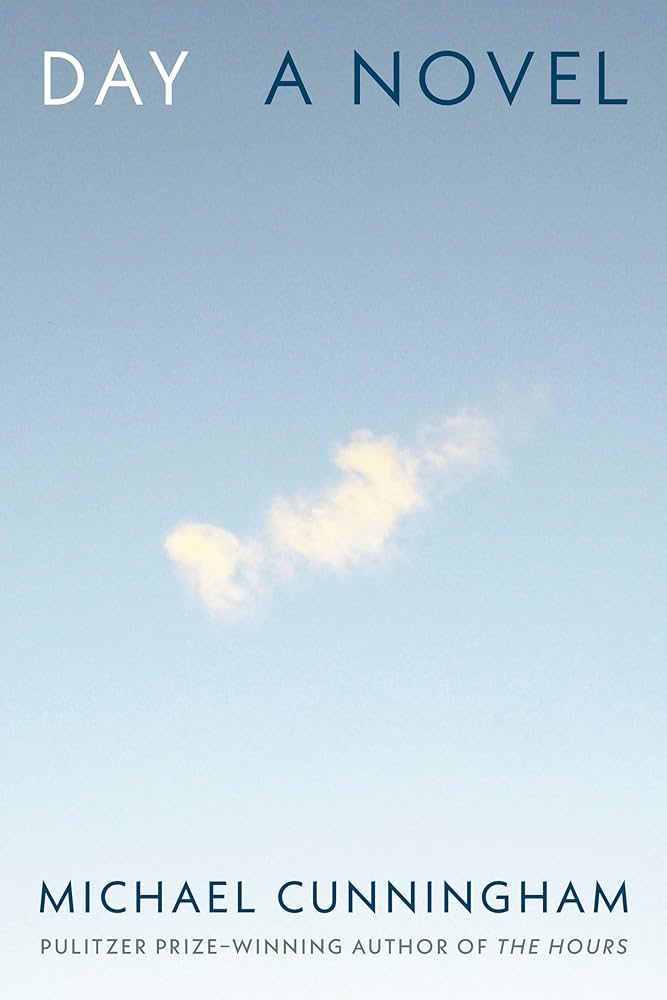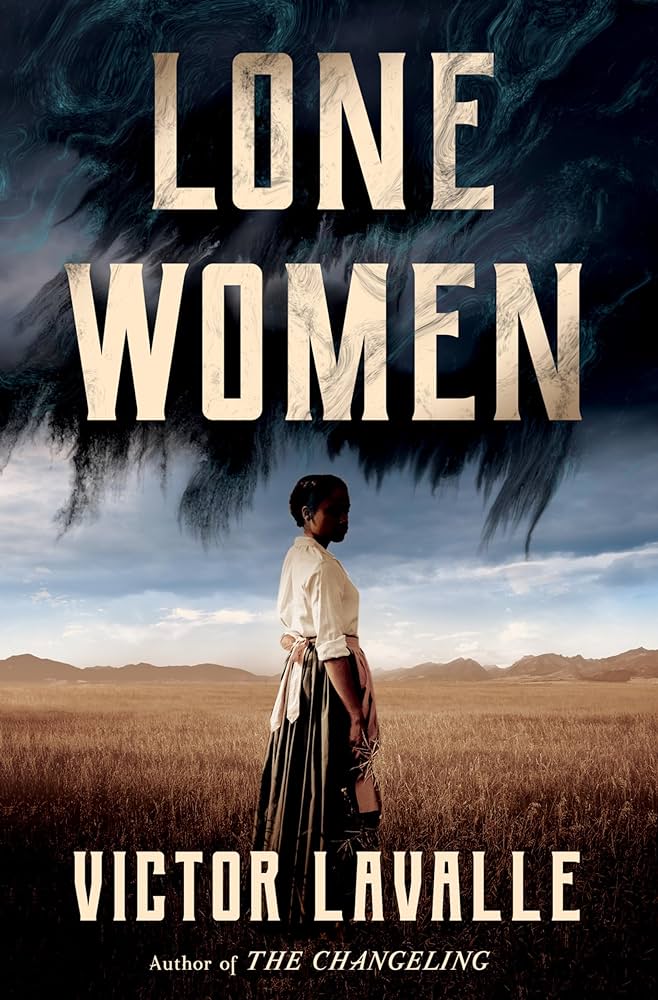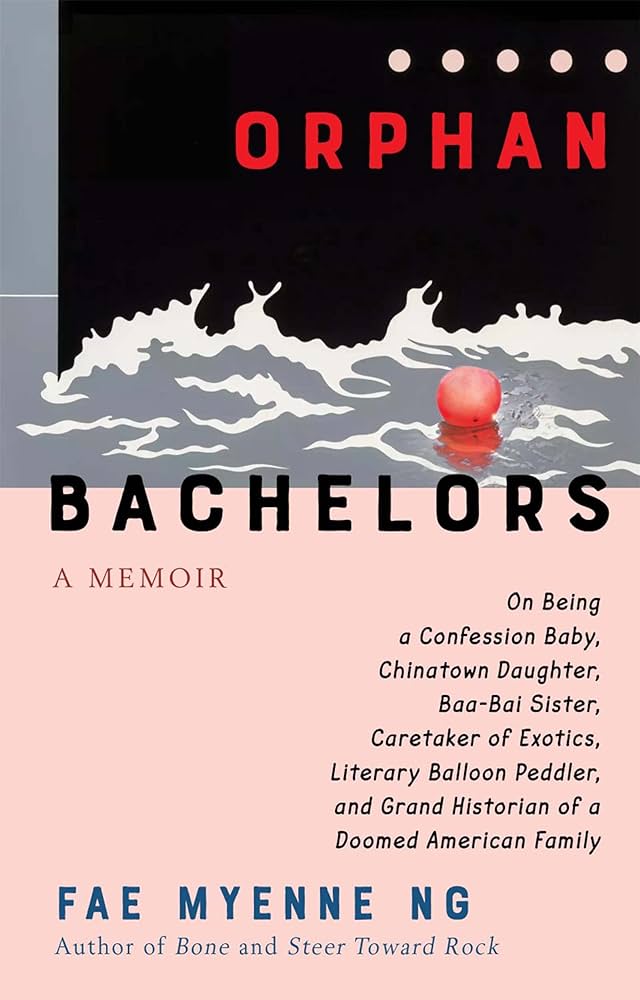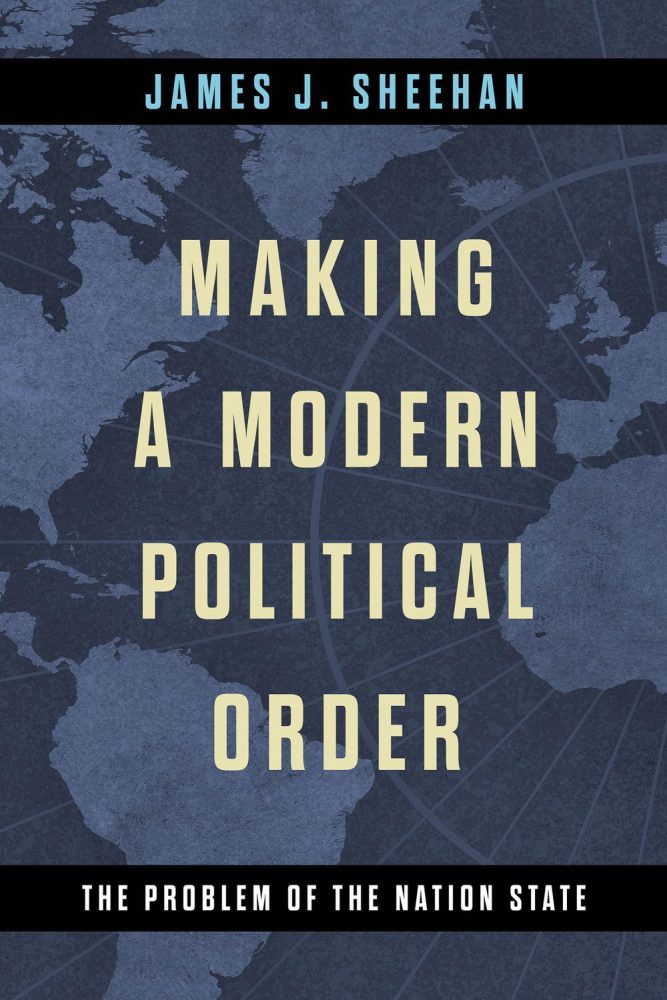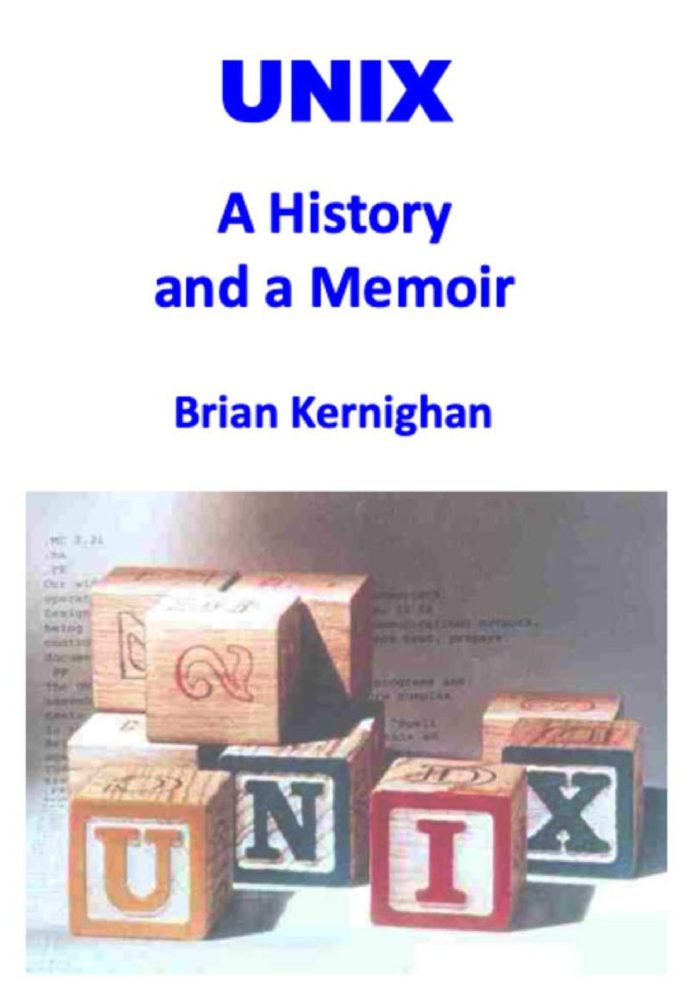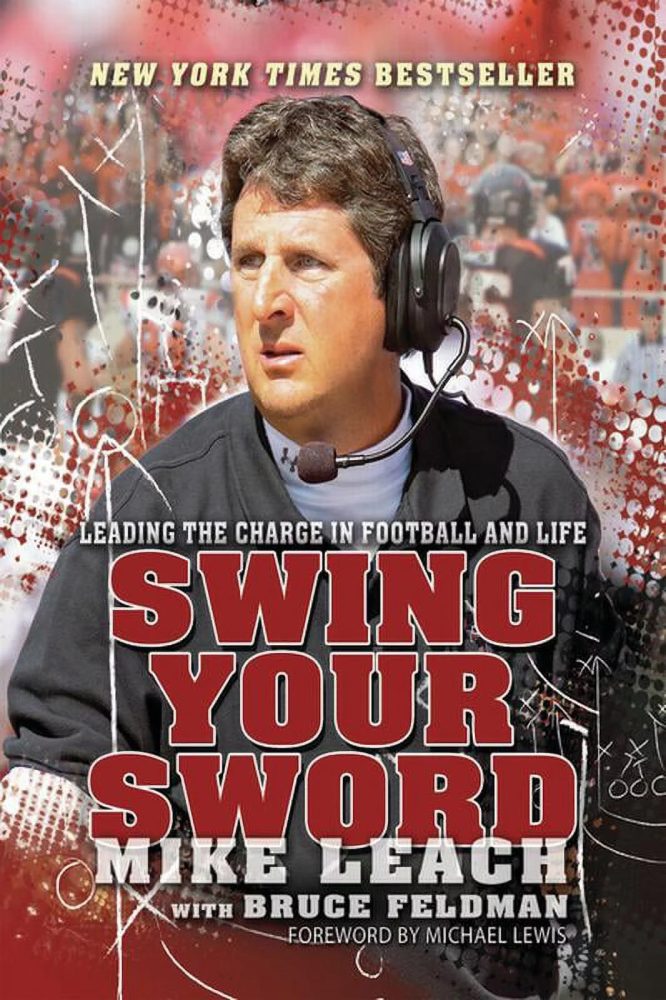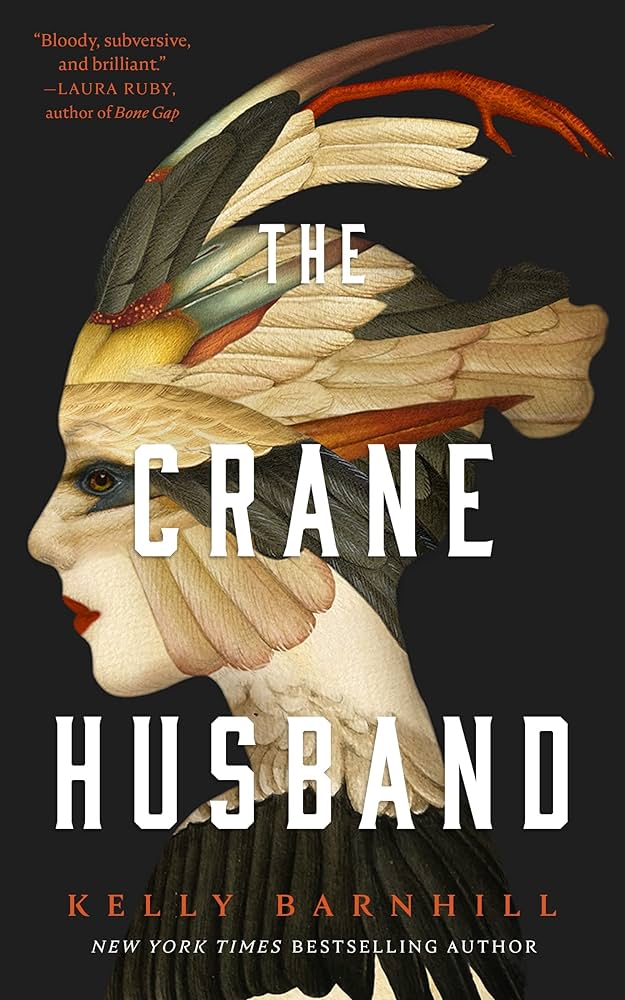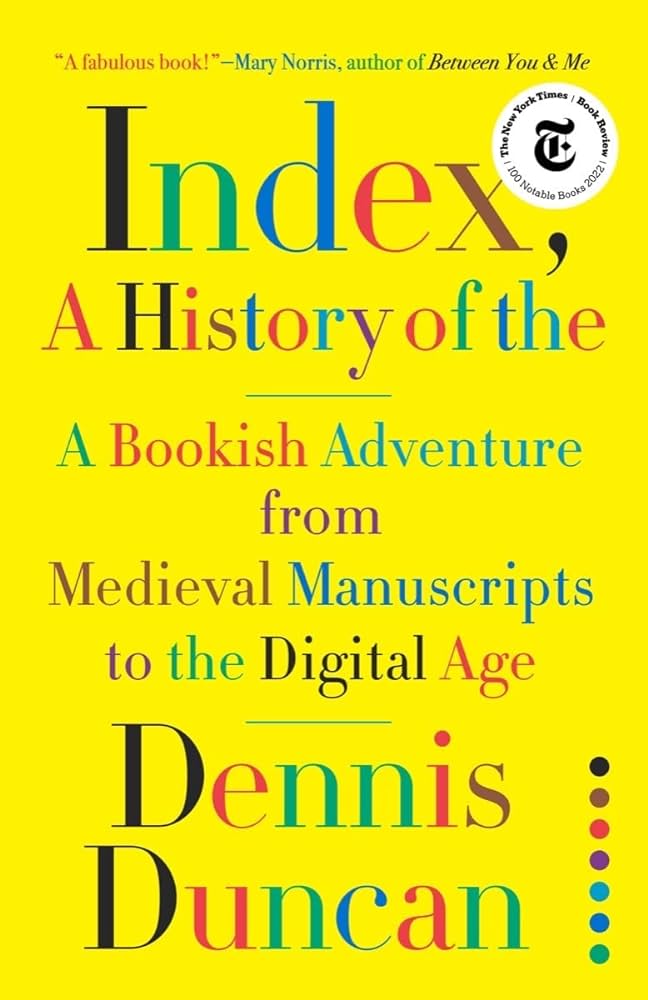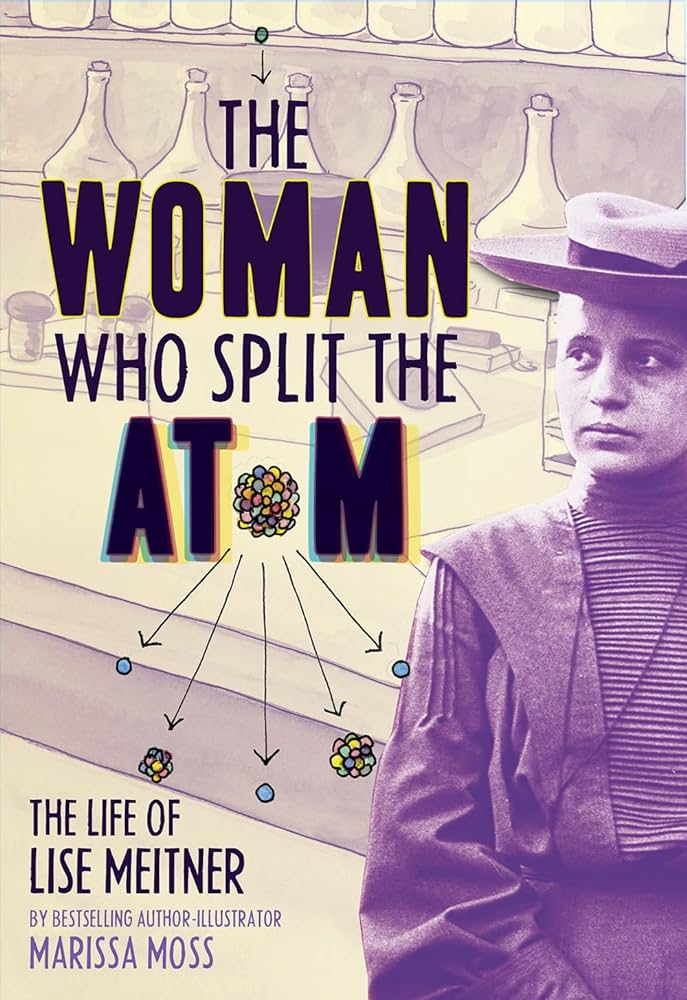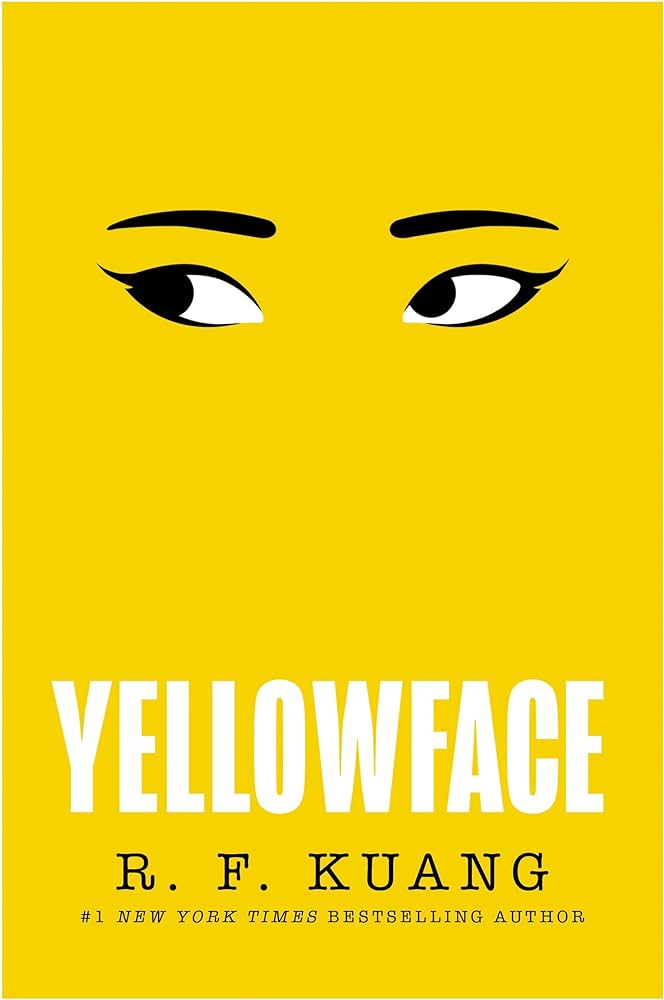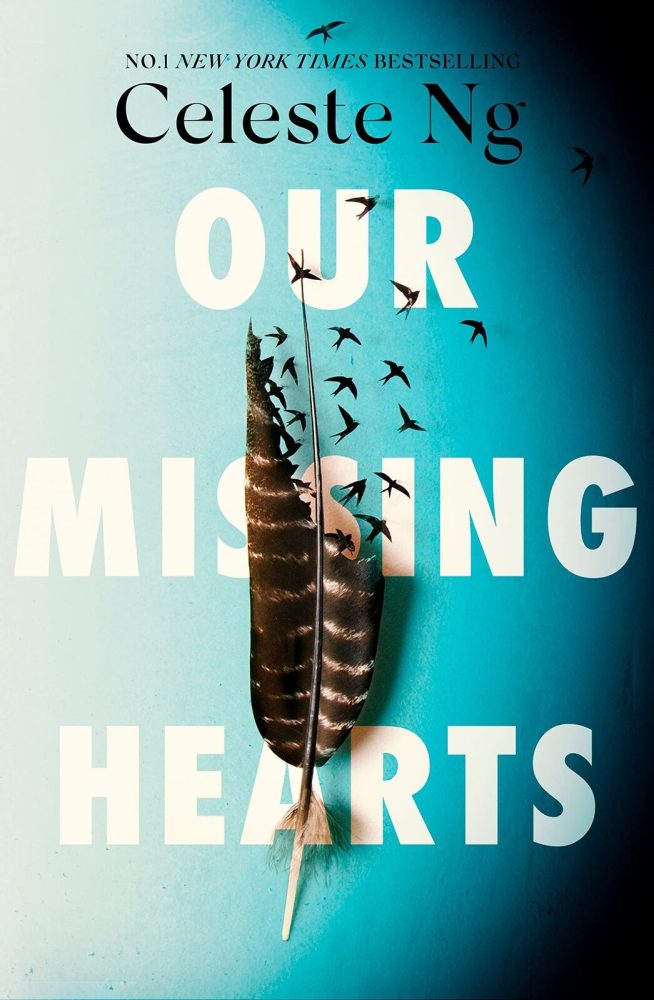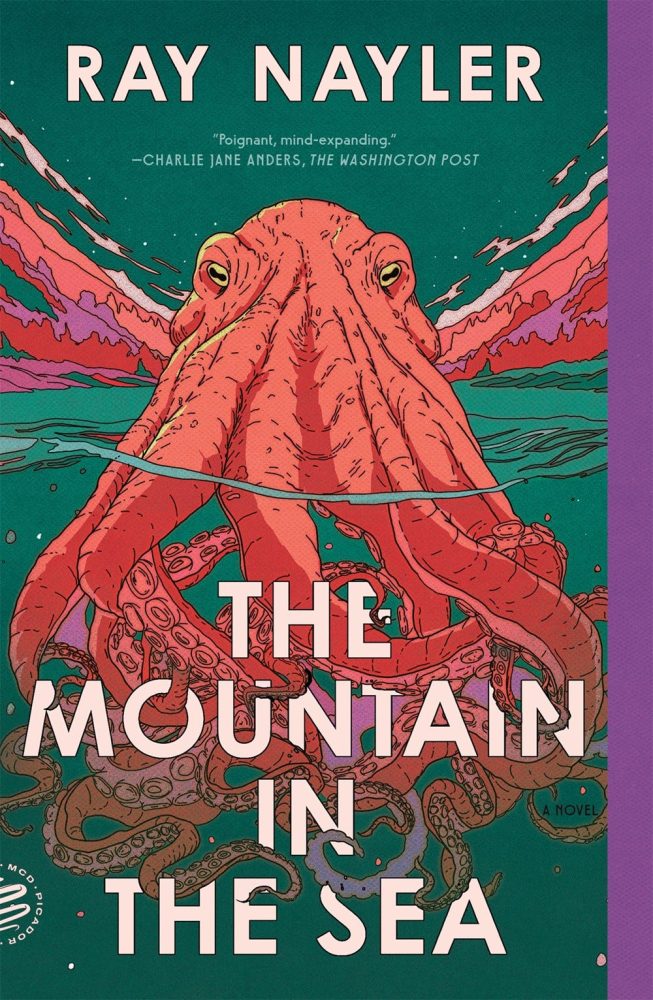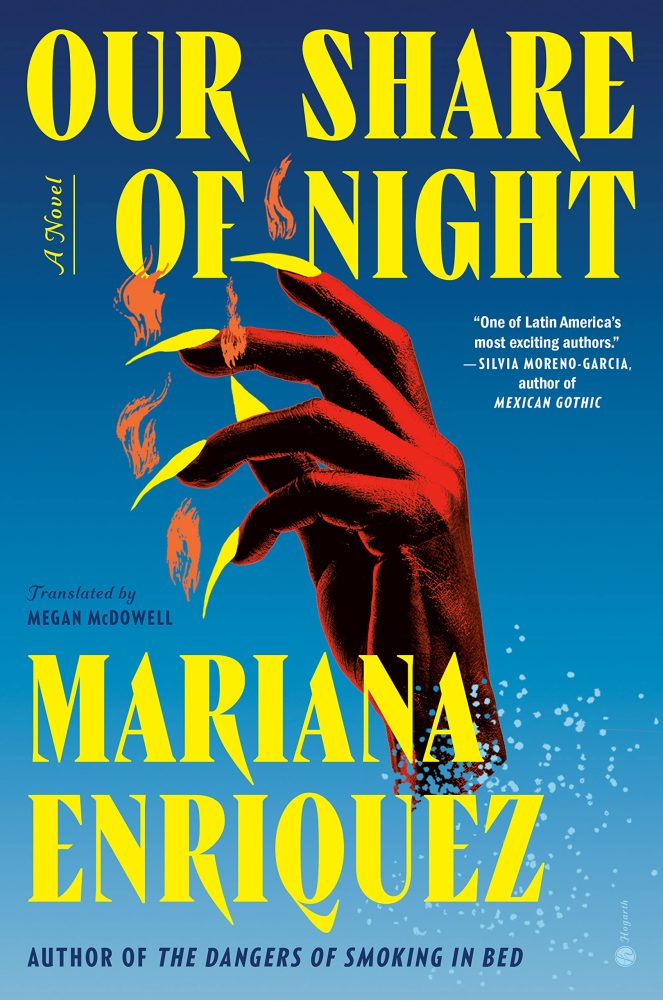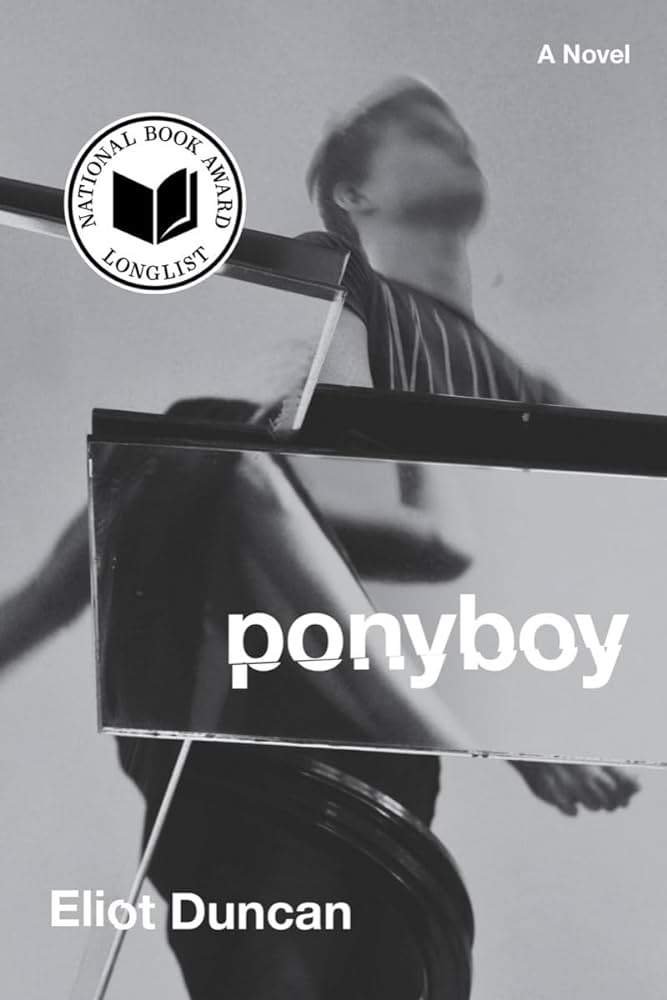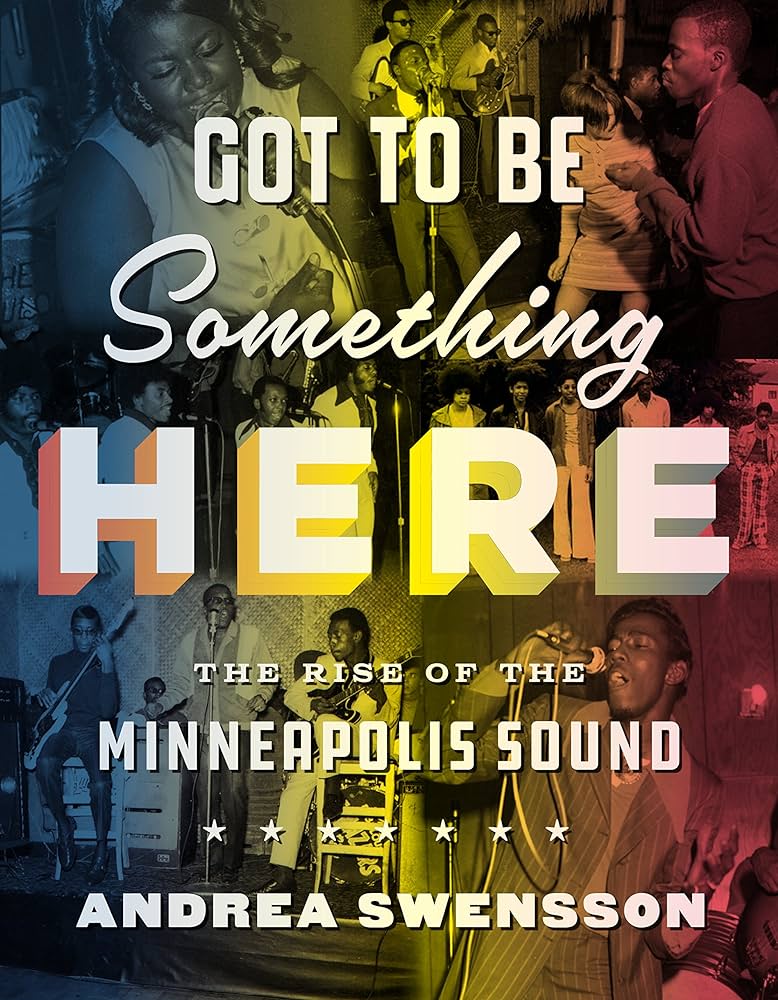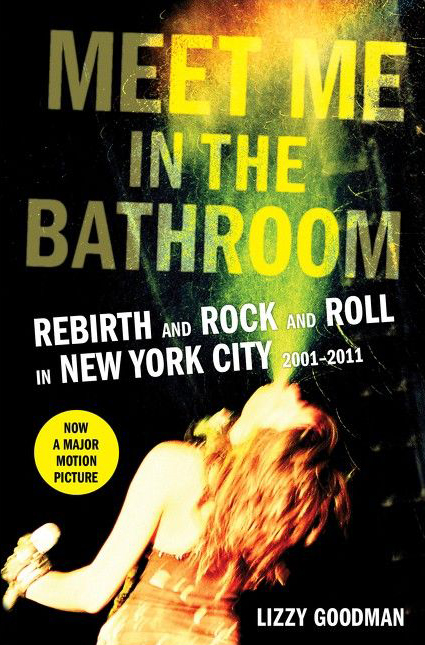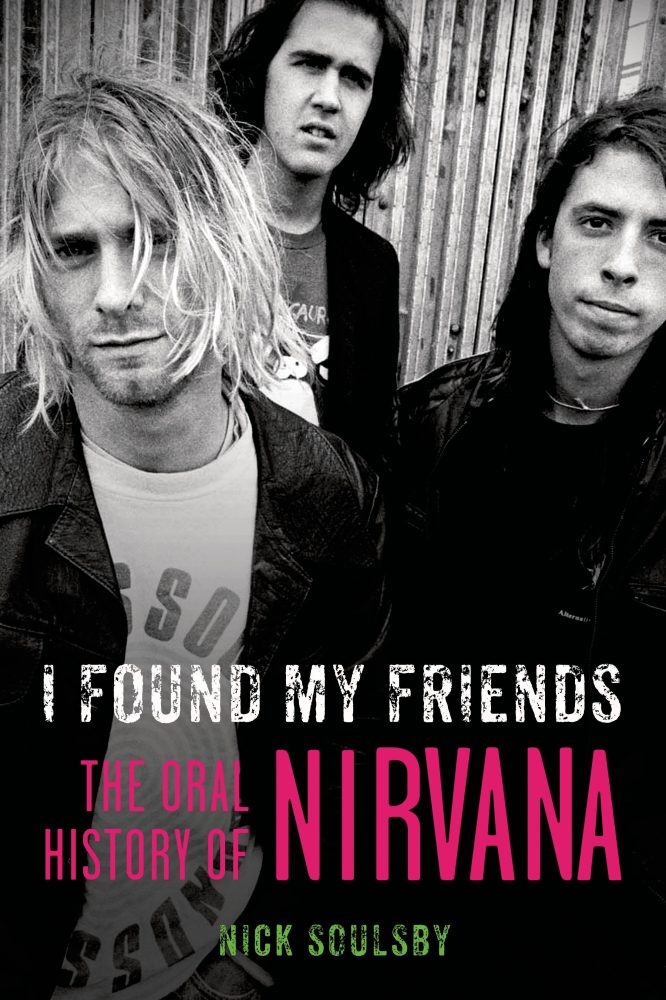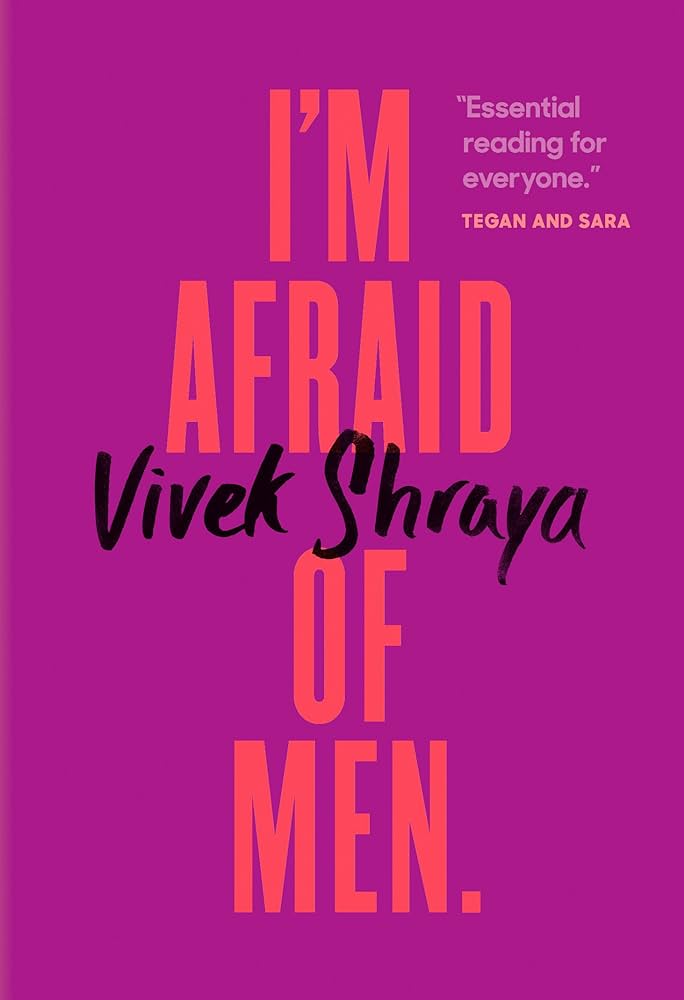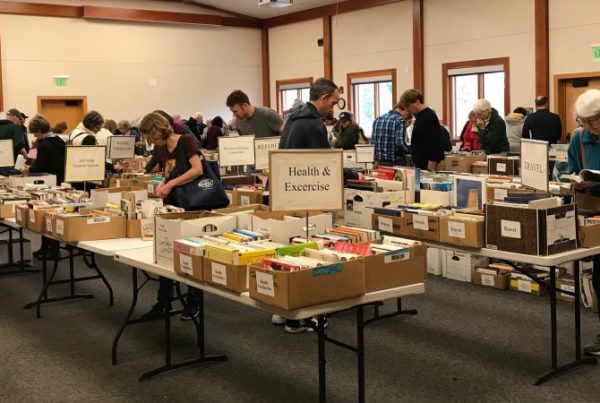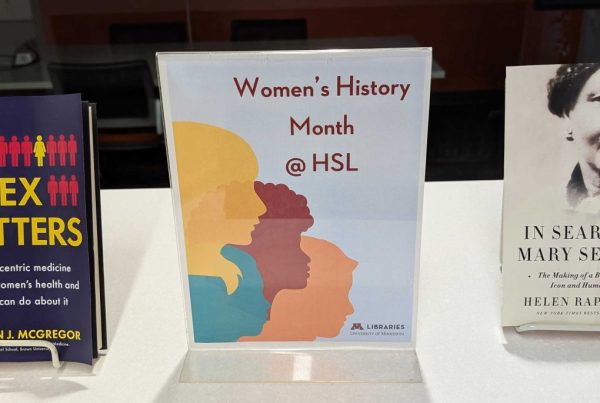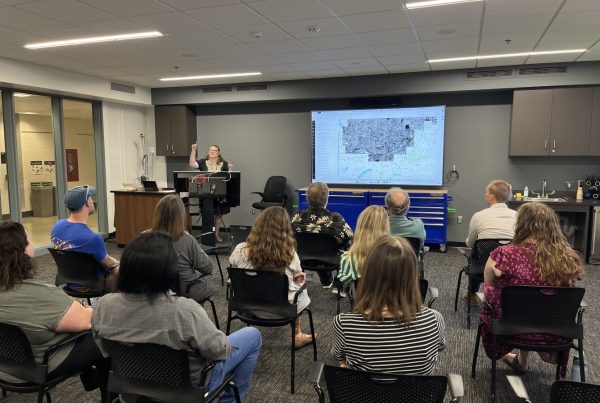What do librarians read? Ask one, and you’ll probably get 10 different answers.
To roundoff 2023, we asked staff at the University of Minnesota Libraries to tell us the best books they read last year, either ones that were published in 2023, or ones they simply discovered in 2023.
Our list has mystery and history, memoir and fiction, local authors, nuclear fission, college football, and more. If you’re looking for a new book to kickoff 2024, look no further!
What did Paul Lai read?
“Vera Wong’s Unsolicited Advice for Murderers” by Jesse Q. Sutanto (2023)
This cozy murder mystery features an older Chinese woman whose perspective on people and her Chinatown neighborhood is delightfully quirky. At once familiar as an older auntie figure and mother who bemoans her son’s lack of attention, Vera Wong is also a tenacious sleuth who sets out to solve the mystery of the dead man in her tea shop.
“Day” by Michael Cunningham (2023)
This novel is an achingly beautiful consideration of family and the world-shattering impact of COVID-19 in radically changing expectations and possibilities for our future. At the heart of the story is a woman who shares a house with her husband and their two children along with her younger brother, a gay man at a crossroads in his romantic life and career.
“Lone Woman” by Victor LaValle (2023)
Set in the early 20th century, this novel follows a young black woman as she leaves behind her parents in a burning house. What is the story of her past, and why has she escaped from Los Angeles to Montana with a mysterious trunk?
“Orphan Bachelors” by Fae Myenne Ng (2023)
In this memoir, Ng traces the story of her father who entered the United States as a paper son and created a precarious family in San Francisco’s Chinatown during the Chinese Exclusion era.
- “Vera Wong’s Unsolicited Advice for Murderers” by Jesse Q. Sutanto copy
- “Day” by Michael Cunningham
- “Lone Woman” by Victor LaValle
- “Orphan Bachelors” by Fae Myenne Ng
Here’s three picks from ander kierig
“Making a Modern Political Order: The Problem of the Nation State” by James J. Sheehan (2023)
James Sheehan, one of the most highly regarded historians of early-modern and modern German history, has been working on this book for the last 17 years – I remember him talking about it when I heard him guest lecture in 2007. Addressing questions of how states (ie., governments) work and relate to the populations they purport to govern, how states relate to other states in an international society of states and institutions, and how the current relationship of states, populations, and non-state institutions came to be, it is a fitting capstone to an extraordinary career.
“Unix: a History and Memoir” by Brian Kernighan (2020)
The history of computing and computer science since the 1960s is in large part a history of Unix, a computer operating system developed at AT&T’s Bell Labs in the 1960s and 1970s. Many of the most basic tools and concepts at the foundation of how we use computers today were created as part of Unix and Kernighan had a part in all of it. With alacrity and wit and accessible to geeks and non-geeks alike, Kernighan provides critical insights into technologies that are used in every modern computer, many of which are his fault…errr…were his idea. Now 81, he continues to make significant contributions to these tools.
“Swing Your Sword: Leading the Charge in Football and Life” by Mike Leach (2011)
Mike Leach will forever be one of the most interesting and creative people to have coached college football. A lawyer by training who taught history and law classes for fun while working as the head coach at Texas Tech and Washington State, I will always remember him as the guy who wandered into my tiny office in the main library at the University of Oklahoma to ask if I could help him find a book – the day before his team played Oklahoma in one of the most important games of his career.
We ended up talking about history (and he provided useful comments on a paper draft) for about two hours until one of his assistants came to get him. His untimely passing in late 2022 prompted me to finally pick up his memoir. And it was worth it, as Leach’s story is the story of not just a football coach with a deep knowledge and understanding of military and political history but also the story of someone who was a perpetual underdog whose guile and creativity lead multiple teams to remarkable success.
- “Making a Modern Political Order- The Problem of the Nation State” by James J. Sheehan
- “Unix- a History and Memoir” by Brian Kernighan
- “Swing Your Sword- Leading the Charge in Football and Life” by Mike Leach
A local book from Erin McBrien
“The Crane Husband” by local author Kelly Barnhill (2023)
“The Crane Husband,” my favorite book from 2023, is an intense, terrifying, and beautiful retelling of the Crane Wife story. It follows the ramifications of an unnatural interloper upon a decaying Midwestern farm from the perspective of the family’s eldest child – a fifteen-year-old girl.
An unsurprisingly choice from Kate Dietrick
“Index, a history of the: A bookish adventure from Medieval manuscripts to the Digital Age”
by Dennis Duncan (2022)
Is it a bit on the nose that an archivist likes a book about the organization of books? Yes, yes it is. But I had such a great time diving into how a well-crafted (or the harm of a spitefully-crafted) index can bring our understanding of knowledge. Interesting and educational, it’s a fun read you’ll want to talk about over brunch.
A scientific story from Amy Riegelman
“The Woman Who Split the Atom: The Life of Lise Meitner” by Marissa Moss (2022)
This book by Marissa Moss is about Lise Meitner, a physicist who discovered nuclear fission. The blurb calls this story “gripping,” and I agree. Meitner faced sexism and anti-Semitism, didn’t get proper credit for her discoveries, and then had to navigate that her discovery was associated with a deadly weapon. This title was just added to the UMN Libby collection.
- “The Crane Husband” by Kelly Barnhill
- “Index, a history of the- A bookish adventure from Medieval manuscripts to the Digital Age” by Dennis Duncan
- “The Woman Who Split the Atom- The Life of Lise Meitner” by Marissa Moss
Patricia Izek read about racism and cultural appropriation
“Yellow Face” by R.F. Kuang (2023)
“White lies. Dark humor. Deadly consequences… Bestselling sensation Juniper Song is not who she says she is, she didn’t write the book she claims she wrote, and she is most certainly not Asian American—in this chilling and hilariously cutting novel from R.F. Kuang.” – HarperCollins summary.
Molly Huber read about family
“Our Missing Hearts” by Celeste Ng (2022)
“’Our Missing Hearts’ is an old story made new, of the ways supposedly civilized communities can ignore the most searing injustice. It’s about the lessons and legacies we pass on to our children, and the power of art to create change.” – Penguin Random House summary.
Merete Christianson read about hyperintelligent, dangerous octopi
“Mountain in the Sea” by Ray Nayler (2022)
I enjoyed the ideas presented about consciousness and intelligence and what those might look like in non-human beings, as well as the world of the future Nayler imagines. Plus who doesn’t like octopuses??
Chris Koehler read horror and fantasy
“Our Share of Night” by Mariana Enriquez (2019)
Set in Argentina, Juan, an ailing medium for a mysterious force called the Darkness, having just lost his wife, Rosario, works to protect his son, Gaspar, from his late wife’s wealthy and evil family who are obsessed with the Darkness and want to use Gaspar to continue their work with the Darkness. Sprawling and enthralling, Enriquez weaves mysticism, history and relationships into a memorable novel.
- “Yellow Face” by R.F. Kuang
- “Our Missing Hearts” by Celeste Ng
- “Mountain in the Sea” by Ray Nayler
- “Our Share of Night” by Mariana Enriquez
And five picks from the article’s author, Adria Carpenter
“Ponyboy” by Eliot Duncan (2023)
This was a Christmas gift from a friend, and I finished it last week. It’s a great debut novel by an Iowa Writers’ Workshop graduate. The book opens with Ponyboy slowly understanding his transmasculine identity and challenging the expectations and image others enforce on him. He struggles with addiction, heartbreak, and the “splendor, joy, and ache of becoming one’s self.” I especially love how Duncan cuts from moment to moment – sometimes mid-paragraph – without confusing the reader too much, and his language is unabashedly romantic.
“Got to Be Something Here: The Rise of the Minneapolis Sound” by Andrea Swensson (2017)
This book was a recommendation from Davu Seru, the new curator of the Givens Collection of African American Literature. When I moved to Minneapolis, I wanted to embed myself into the music scene as quickly as possible. It shows the history of Prince, Morris Day, André Cymone, their contemporaries and predecessors. But it also shows how local politics shaped the music scene we have today, for example the construction of I-94 and its impact on neighborhoods like Rondo. For companion pieces, watch the Twin Cities PBS documentaries “The Minneapolis Sound,” “Minnesota Hardcore,” “First Avenue: Closer to the Stars,” and Mark Engebretson’s documentary, “Jay’s Longhorn.”
“Meet Me in the Bathroom: Rebirth and Rock and Roll in New York City 2001–2011” by Lizzy Goodman (2017)
Ever since watching the documentary adaptation of this book in 2022, I’ve been unconditionally and irrevocably obsessed with The Strokes and the Yeah Yeah Yeahs (and the countless bands they inspired). Like Swensson’s book, the novel is as much the story of New York City, then-mayors Rudy Giuliani and Michael Bloomberg, gentrification and redevelopment in Lower Manhattan and Williamsburg, as it is the story of rock and roll. An early draft of this book was over 1,000 pages, and I would die to read it. Better yet, can I get the original interview recordings?
“I Found My Friends: The Oral History of Nirvana” by Nicholas Soulsby (2015)
My brother, who is almost a decade older than me, was a big Nirvana fan in high school, so I grew up listening to “Nevermind,” “In Utero,” and “MTV Unplugged in New York” on repeat. Nirvana was probably my first favorite band, and one I always come back to. While this book is about Nirvana – told through the eyes of the bands that played alongside them – it’s more about the punk and grunge community in the Pacific Northwest. And I think that’s for the best. Nirvana was always more than a couple guys from Aberdeen, Washington.
“I’m Afraid of Men” by Vivek Shraya (2018)
It’s exactly what it sounds like – a nonfiction, autobiographical account of modern misogyny and gender policing. I immediately checked it out when I saw the title; I didn’t even scan the back cover. I planned to read over the holidays but finished it in one sitting, partly because it’s short and accessible but mostly because it’s raw and resonant. And her conclusion – that we uproot gendered expectations and restrictions, and reinvent masculinity and femininity – is unfortunately still relevant six years later.
- “ponyboy” by Eliot Duncan
- “Got to be Something Here- The Rise of the Minneapolis Sound” by Andrea Swensson
- “Meet Me In The Bathroom” by Lizzy Goodman
- “I Found My Friends- The Oral History of Nirvana” by Nick Soulsby
- “I’m Afraid of Men” by Vivek Shraya


